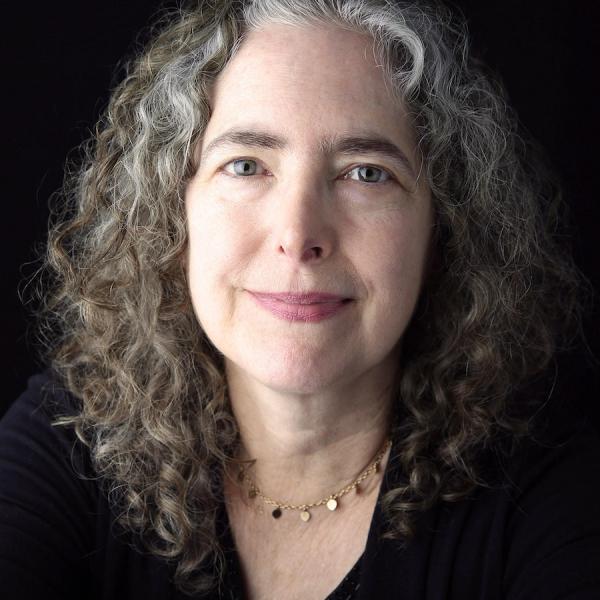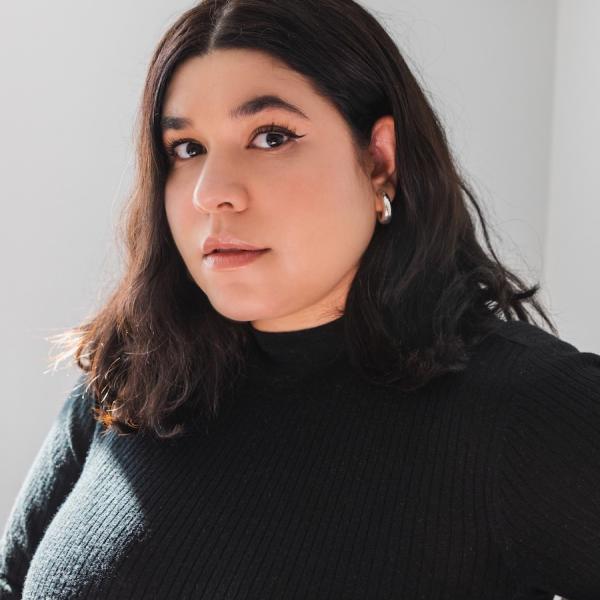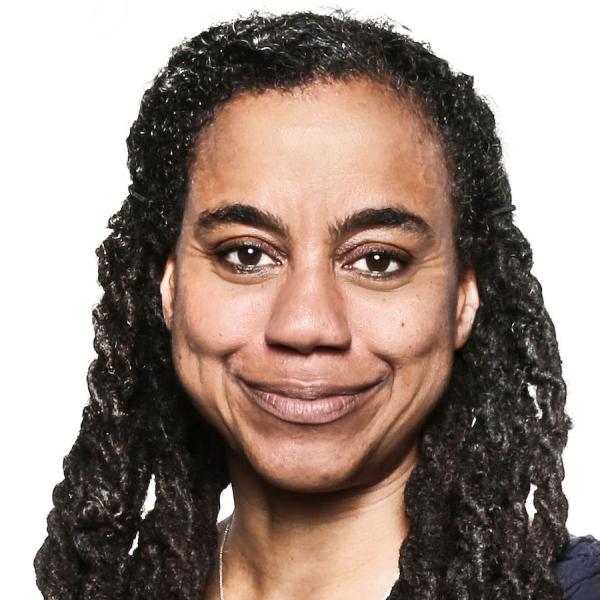Everett McCorvey - Blog
Transcript of conversation with Everett McCorvey
One of the first things I did when I came to Lexington was the president at the time appointed me to the athletic board. And I joined the athletic board, and I really learned so much about how business is done at a university. And the athletic board was its own entity. And it worked within the university. And so that gave me the idea that I should create a society, a group, that's similar to the athletic association. So I was on that board for I don't know, four or five years, and. But during the time I decided to create a board called the Lexington Opera Society. And there was a small opera company in town called Opera of Central Kentucky. And they weren't doing very well, and they were really surviving pretty much by the work that we were doing at the university, using our staff, our students. And so I went to the board and I said; why don't we collaborate and figure out how we can take the best of Opera Central Kentucky has and the best of what U.K. Opera offers, and put it together. Well, I found a lot of resistance. But people eventually decided to do that. And I changed the name. I created the Lexington Opera Society. And so, it's a 501(c)3 organization. And it does not produce opera. But what it does is it promotes opera in Central Kentucky primarily through the productions at U.K. Opera Theater. And so this is a 33 member board. I I personally chose the 33 people on the board. They had, they have each year, they give a $1,000.00 to be on the board. And so we had a budget of $33,000.00 to work with. And so this board became the fundraiser board, and the "friend raiser" board for the opera program. And so it's a town and gown collaboration. They don't make decisions in terms of the productions or anything like that for the opera program. But they are our cheerleaders in the community. And they go out and they help us fundraise. And they help us make people aware. They have–– and so it's probably now. The board is still 33 but we have a Bravo Society that's like the Guild, and that's about a 400 member organization. And so now they help us raise–– gosh, they probably contribute in time and money over $100,000 a year to the cause of the opera program. And so that's what's helped us to create the awareness of opera in the community. I just follow the athletic tradition. And it worked for athletics, and I felt well, why not make it work for opera. So even at the basketball games we have opera singers sing. And basketball is definitely the religion. And yes, we are proud that hopefully we're going to have five first-round draft picks. <laughs> But, we've joined in that model. And so, and so now when there are athletic events our singers sing. When there are large events in the singers–– large events in the city, our singers participate. I'm on a lot of boards in the city. And I must say I learned that from Charles Nelson Riley who the opera fans will know was a great opera fan when he was alive. And one of my jobs through the NEA was to….I went around the country doing on site evaluations for Young Artists programs. And one of my on site evaluations was in Chicago at the Chicago Lyric Opera. When, and that day that I was there Charles Nelson Riley happened to be there working with the opera singers. And something he said really changed my life. He said, "If it's important to you, then it's your job to make sure that it's important to them, to everybody." And he was telling that to the opera singers in the Young Artists program. He says, "Make it important. If it's important to you then make it your job to make it important to them." And so that's something that I do in Lexington when I'm in –– I'm on –– gosh, five or six of the boards. And I find out what they're doing, and I get involved in what they're doing, and then I encourage them to get involved in what I'm doing.




